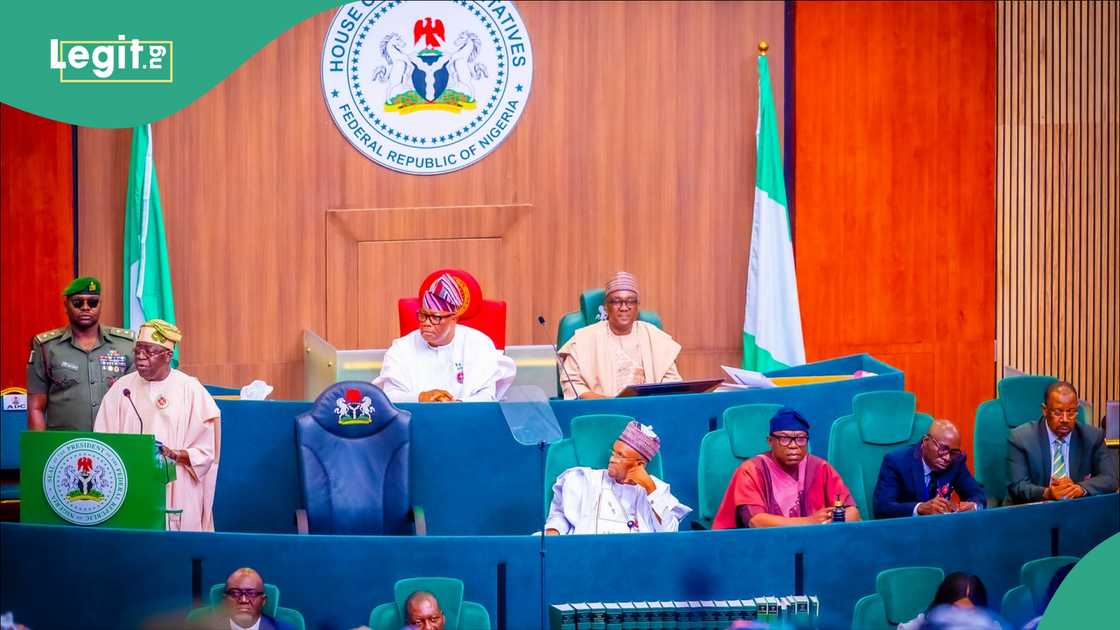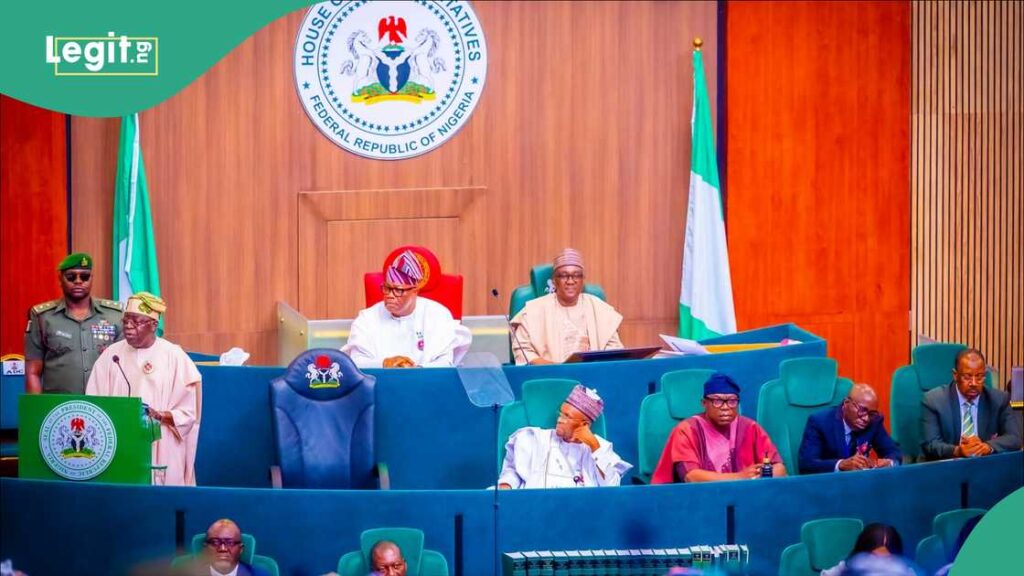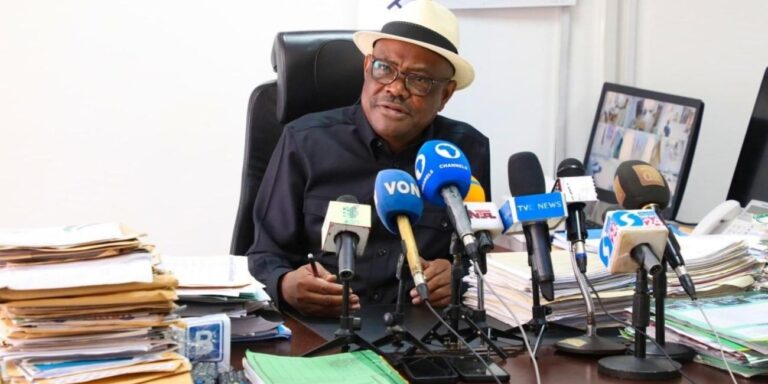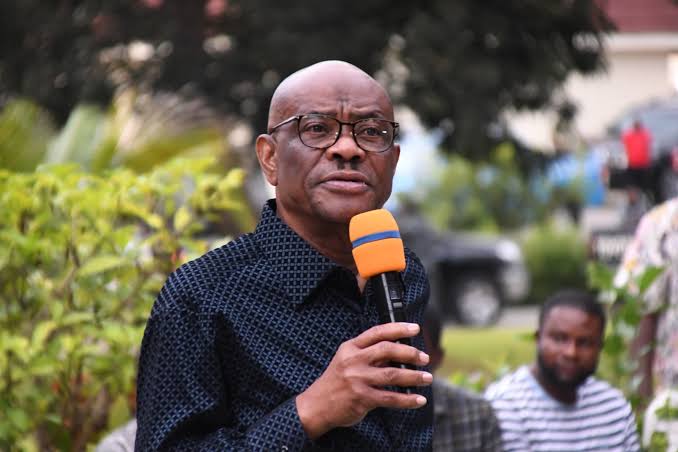
NASS Condemn Negotiations With Bandits as Kidnappings Intensify Nationwide
As Nigeria confronts a new surge of kidnappings, the National Assembly (NASS) has delivered one of its strongest criticisms yet of President Bola Tinubu’s security strategy. In a dramatic turn, lawmakers rejected negotiations with criminal groups, warning that the Federal Government’s approach is not only ineffective but dangerously emboldening armed gangs across the country.
Recent mass abductions — especially the Kebbi school kidnapping, which occurred shortly after the controversial withdrawal of security operatives — have triggered public outrage and intensified scrutiny of the government’s response. Lawmakers argue that the withdrawal created a security vacuum that armed groups quickly exploited, leaving communities exposed and desperate.
In a passionate debate on the Senate floor, NASS members insisted that dialogue with bandits is a failed tactic, one that undermines national security and signals weakness at a time when citizens are demanding firm, decisive leadership. They stressed that every negotiation legitimises criminals, encourages copycat attacks, and deepens public fear.
The legislators called for a complete overhaul of Nigeria’s security strategy. Their recommendations include:
- Strengthening on-ground military presence in rural flashpoints
- Ending all informal negotiations with kidnappers
- Rapid deployment of technology-driven intelligence systems
- Immediate accountability for security decisions that expose civilians
- Urgent review of the nation’s firearms law to empower responsible citizens
For many observers in Abuja, NASS’s stance marks a powerful shift in the balance between the Executive and Legislature. It signals that lawmakers are no longer willing to quietly endorse a security approach they believe is failing Nigerians.
As insecurity escalates and communities live under the shadow of fear, the Nation looks to both the Government and the National Assembly for stronger, more coordinated action. What comes next could define the credibility of Nigeria’s security architecture — and the trust citizens place in their leaders.

Read also Senate-and-House-of-Representatives




